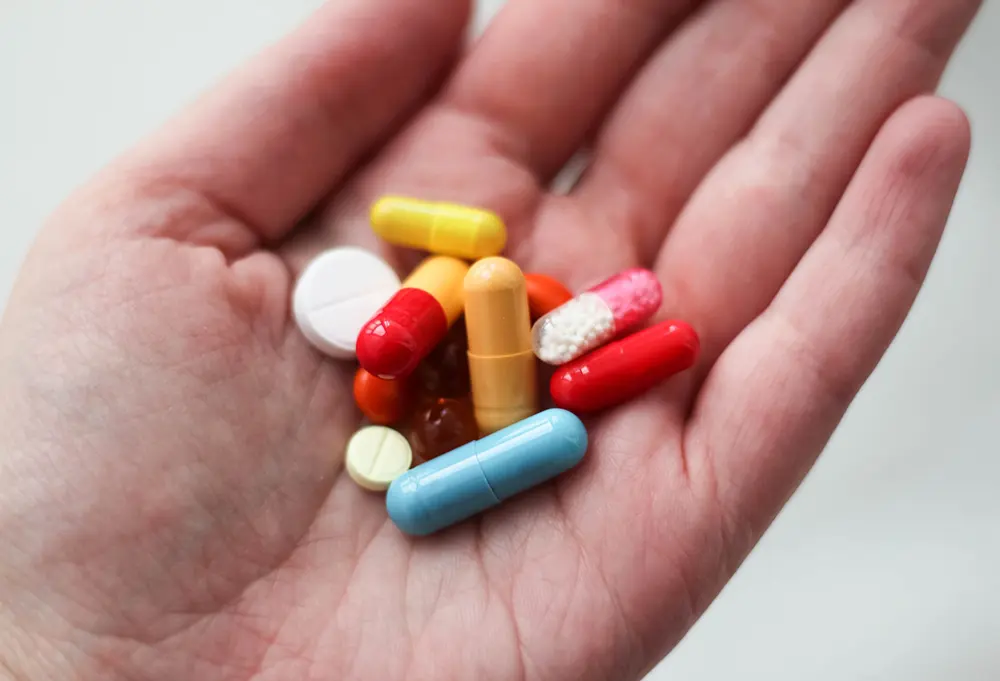The Dilemma
Seventy percent of adults in the U.S. take some form of nutritional supplement. There are many good reasons to consider supplementing a balanced diet with nutritional supplements. Among them:
- Many foods are not as rich as they once were in nutrients by the time you consume them – due to depleted or damaged soils, harvesting foods before they are fully ripe, shipping delays and storage temperature variances
- American lifestyle – does not promote healthful nutrition habits
- American diet – is low in some beneficial nutrients found in the diets of other cultures
- Difficulty consuming some beneficial nutrients in quantities sufficient to prevent disease, e.g., you would need to consume 3-5 pounds daily of cruciferous vegetables to ingest indole-3-carbinol in amounts sufficient to offer potential breast cancer protection
- Declining GI absorption with age increases the risk for nutritional deficiencies
- Recommended Daily Allowance (RDA) is inadequate to prevent many diseases and diminished function Supplements, on the other hand, are not a substitute for good nutrition. They can only augment good nutrition for health promotion and disease prevention.
The Problem
Sixty percent of U.S. consumers believe dietary supplements require approval by a government agency, such as the FDA. The reality is that supplements are loosely regulated. The Dietary Supplement Health and Education Act (DSHEA) places the burden on the FDA to prove a supplement is dangerous, whereas drug manufacturers are required to first prove that a drug is reasonably safe before it can be sold. Supplement labels do not have to disclose contraindications, drug interactions or other warnings. The adverse reaction incidence from supplements is largely unknown. Prescription medications have been listed as the fourth leading cause of death. The toll from supplements is no where near as great, but it is not trivial.
Supplement Safety Obstacles
The lack of required or standardized safety testing of supplements makes it difficult for the consumer to know what hazards might exist when deciding whether to take a supplement. It is generally believed that adverse reactions and other problems associated with supplements are currently underreported. The availability of adverse reactions that are reported is not widely accessible. No label warnings are required for supplements. ‘Buyer beware’ is the consequence.
Nine to Avoid
The following list of supplements has been determined by the FDA to pose significant health risks and should be avoided:
- Aristolochic acid – an ingredient in some traditional Chinese medicines; toxic to the kidneys and carcinogenic
- Chaparral – can cause hepatitis
- Comfrey – can cause chronic and fatal liver disease
- Ephedra – linked to high blood pressure, strokes, and heart attacks
- Germander – abnormal liver function is linked with use
- Kava – suspect in liver damage that has resulted in 11 liver transplants
- PC SPES and SPES – spiked with hormones, a blood thinner, an anti-inflammatory and several other drugs
- Tiratricol – a weight-loss supplement which can cause strokes and heart attacks
- Usnic acid – is toxic to the liver
Reliable Sources of Information
- The Natural Pharmacist (TNP) – provides information on 500 dietary supplements. It is available online at www.iherb.com and to subscribers of www.ConsumerLab.com
- Healthnotes – provides somewhat less information on 700 supplements. It is available at www.drugstore.com and www.gnc.com – FDA Warning and Safety Information and Dietary Supplements site at www.cfsan.fda.gov%7Edms/ds-warn.html
- National Institutes of Health’ Office of Dietary Supplements site at www.dietarysupplements.info.nih.gov/showpage.aspx?pageid=90
- Memorial Sloan-Kettering’s Integrative Medicine Service site atwww.mskcc.org/mskcc/html/11570.cfm

